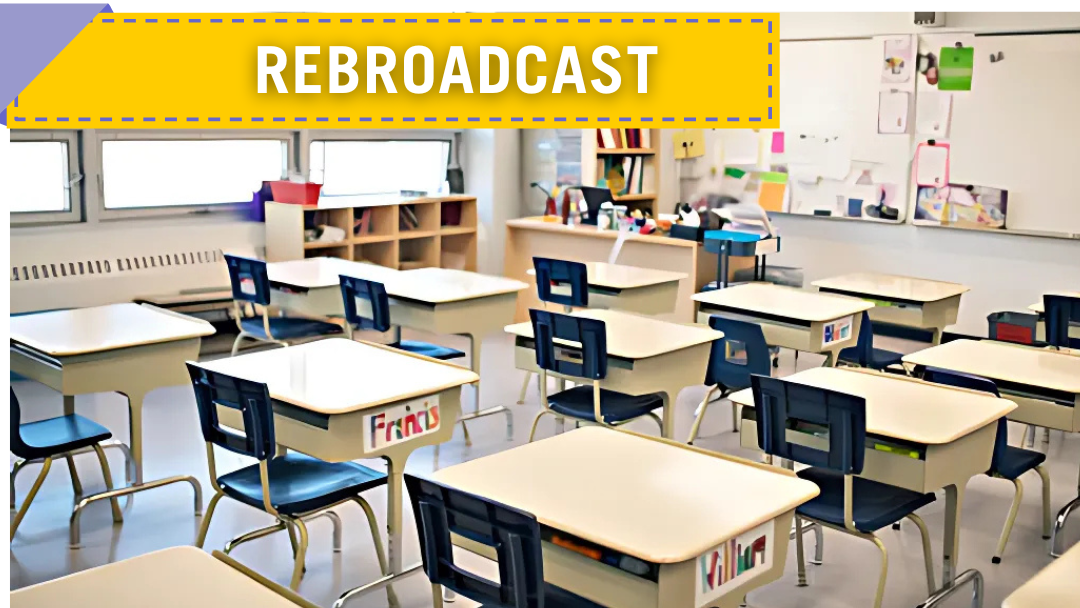
- This event has passed.
Holiday Rebroadcast: Supporting School Attendance in a Time of Changing Norms

We know that attendance is key to student success and to closing academic gaps. And yet, since the pandemic, norms around work and learning have shifted dramatically to disrupt the tradition attending school in-person, five days a week. In fact, four-day school weeks occurred in about half of the states in the 2022–2023 school year, while across the country we see more experimentation with hybrid learning, micro-schools and other innovations. Simultaneously, we see more parents embracing “school choice” through home schooling, Education Savings Accounts and other means that give them more control over their child’s specific educational experience. Amidst these changing norms, chronic absenteeism has spiked in recent years, and it is a complex challenge with many root causes unique to each school’s and community’s population and context.
What do these changes mean for our education system overall, and for lower-income students who rely on school as a place not just to learn but also to receive basic supports and forge meaningful relationships? And how do we — as education leaders, caregivers, community members and more — see that all students experience the support, encouragement and ability to attend school every day and engage in learning, however that may look?
You’re invited to join us on December 24, from 3–4:30 p.m. ET, for a special holiday rebroadcast from GLR Week 2024. This session brings together experts who engage with these critical questions.
- Nat Malkus from the American Enterprise Institute provides insight into the dimensions and scope of the attendance challenge and how it evolves post-pandemic.
- Hedy Chang from Attendance Works describes the key drivers behind the widespread spike in chronic absenteeism and shares strategies for state, district and school leaders to improve attendance.
- Denise Forte from The Education Trust highlights policies and practices tailored to support economically challenged and other vulnerable students.
- Johann Liljengren from the Colorado’s Department of Education discusses Colorado’s challenges and successes in addressing chronic absenteeism and supporting student engagement.
- Sonja Brookins Santelises from Baltimore City Public Schools shares her team’s actions and investments that led to progress in reducing chronic absenteeism and their plans to sustain that momentum in future school years.
This session offers actionable strategies to address chronic absenteeism and support all students — especially those from economically challenged backgrounds — on their learning journeys.
Panel







